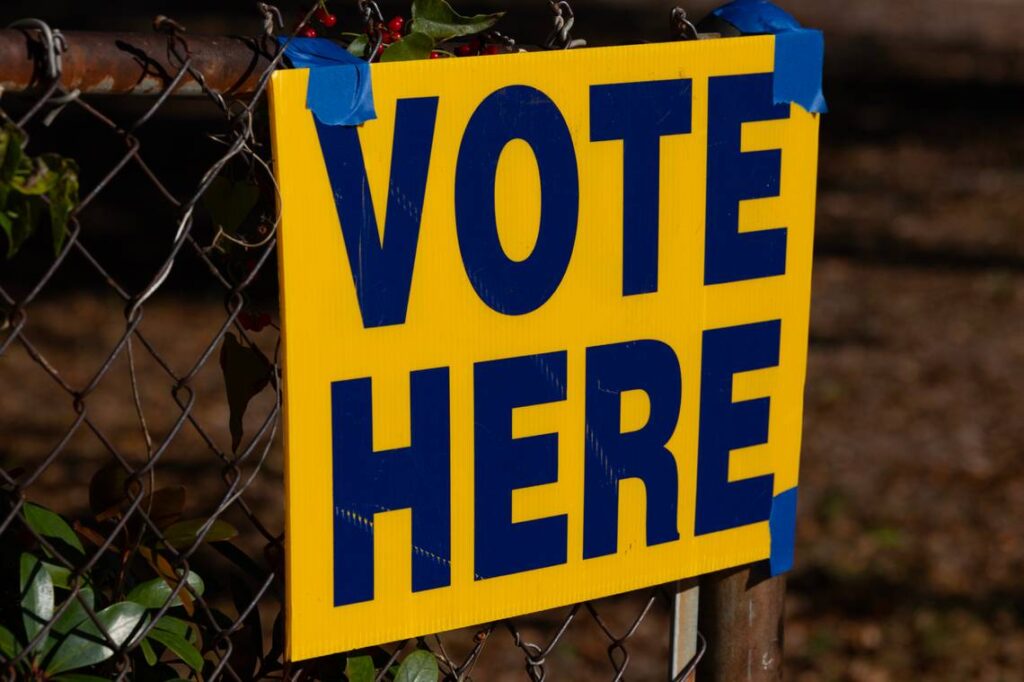As Election Day approaches in the United States, voters are preparing to participate in the general election. In South Carolina, citizens have the option to vote either early or on the official Election Day, which is scheduled for Tuesday, November 5. The early voting period allows voters to cast their ballots at any polling location within their district from 8:30 AM to 6:00 PM, concluding on Saturday, November 2. For those choosing to vote on Election Day, polling stations will be open from 7:00 AM to 7:00 PM, with voters permitted to line up by the 7:00 PM deadline and still be eligible to cast their vote.
Once the voting period concludes, the South Carolina Election Commission is prepared to report unofficial results in real time on election night through the website scVOTES.gov. The dissemination of results may vary by county, with some local voter registration and elections boards also providing updates. John Michael Catalano, a public information officer with the South Carolina Election Commission, indicated that they expect to have all office and ballot question results reported by election night or the early hours of the following day, allowing voters to see immediate feedback on the electoral outcomes.
However, it is important to note that the results shared on election night are not considered official. Certification of the results must take place after the election, with county voter registration and elections boards responsible for adding eligible provisional ballots and finalizing the outcomes for local and county-level elections, including positions such as sheriff, coroner, and treasurer, by the following Friday, November 8. This process ensures that all eligible votes are counted and accurately represented before official results are declared.
In the days following the initial reporting of results, the South Carolina Board of Canvassers plays a crucial role by certifying state-level election outcomes. This board will convene ten days after Election Day, meeting on Thursday, November 14, to formally validate the results of the election. This structured timeline and certification process aim to maintain the integrity of the electoral system, fostering trust and transparency in democracy.
Overall, South Carolina’s election framework offers voters various opportunities to participate while ensuring a meticulous post-election process for verifying results. The combination of early voting, accessible polling hours, and a clear certification timeline serves to enhance voter engagement and maintain the credibility of electoral outcomes. As the state gears up for the election, awareness of these procedures can empower voters to exercise their rights confidently and effectively.
Voter education and engagement are crucial components of the electoral process. As South Carolina prepares for the general election, understanding the timelines, voting methods, and result certification processes can help ensure that residents are informed participants in their democracy. As the nation watches the upcoming election unfold, the structured approach taken by South Carolina may serve as a model for other states striving to enhance voter participation and uphold electoral integrity.

